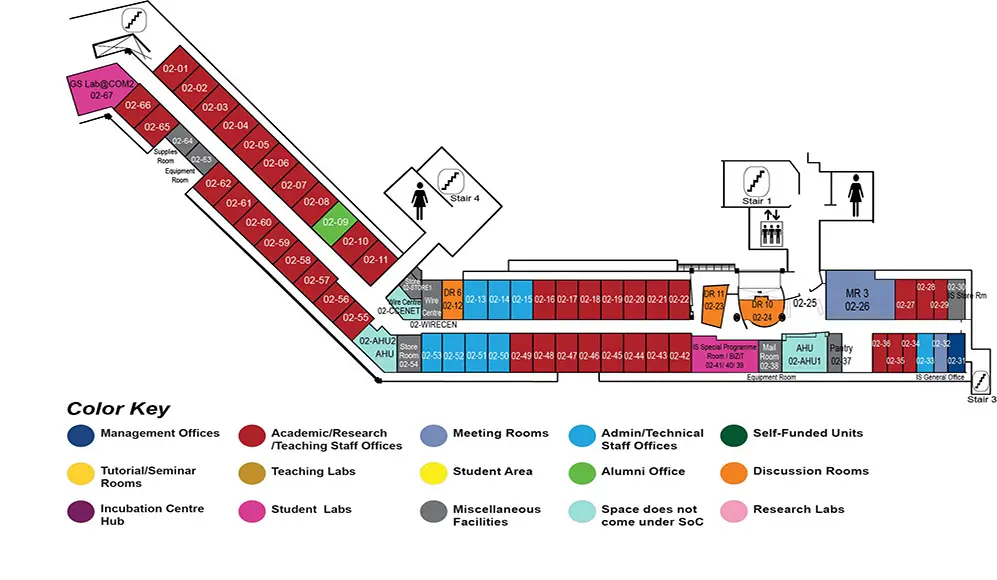THE METACOGNITION-CENTRIC DUAL PROCESS MODEL IN E-COMMERCE: FMRI-BASED NEUROIMAGING EVIDENCE
COM2 Level 2
MR3, COM2-02-26

ABSTRACT
Metacognition, at a meta-level, involves monitoring and exerting control upon object-level cognitive processes. Individuals gear efforts towards metacognition to coordinate cognitive processes for efficient decision-makings. Prior IS research has focused on cognition in interaction with IT artefacts, and has developed in-depth understanding of cognitive processes in e-commerce. Despite that, the research on metacognition lags far behind and does not receive adequate attention. The thesis extends beyond traditional cognition research to the domain of metacognition, and highlights metacognition to explain the duality of cognitive processes in e-commerce. The thesis represents a first attempt to explore the neural underpinnings of metacognition and its relationship with dual processes by means of functional Magnetic Resonance Imaging (fMRI). From a neuroscience perspective, the thesis aims to 1) localize the brain regions involved in consumers' metacognition during shopping decision-makings in e commerce; 2) investigate the functional connectivity between the brain regions related to metacognition and dual processes; 3) assess the moderating role of product type on the functional connectivity.
The thesis is composed of two fMRI studies. The first study explores the neural mechanism underlying consumers' metacognition in e-commerce. In this study, fMRI experiment is performed to identify the neural regions involved in metacognition during shopping decision-makings. The fMRI results through whole-brain analysis and region-of-interest (ROI) analysis show that the Rostrolateral Prefrontal Cortex (RLPFC) and the Dorsolateral Prefrontal Cortex (DLPFC) respond to consumers' metacognition under experimental tasks with either low or high cognitive load. Meanwhile, external support from IT artefacts represented by Comparison Shopping Engine (CSE) significantly reduces neural activations in the metacognition-related brain regions. Besides, the supplementary psychometric data complements the fMRI results, and consumers' re-usage intention towards e-commerce websites is correlated with the fMRI data.
The second fMRI study combines metacognition and dual-process research to investigate neural regions associated with dual processes and their functional connectivity with metacognition-related regions during consumers' shopping-decision makings. The study through whole-brain analysis and functional connectivity analysis identifies analytical process-related neural regions including Superior Parietal Cortex (SPC) and Inferior Frontal Gyri (IFG) and heuristic process-related neural regions including Superior Medial Frontal Cortex (SMFC), Angular Gyri (AG) and Precuneus in consumers' decision making procedures. The significant functional connectivity between the brain regions associated with metacognition and dual processes is further observed. Moreover, the product type is found to modify the strength of the functional connectivity between the brain regions.

